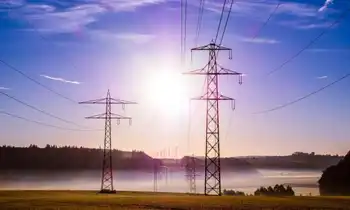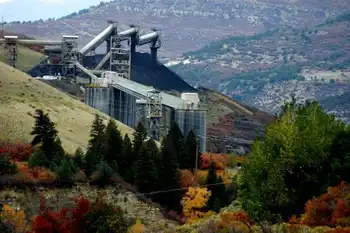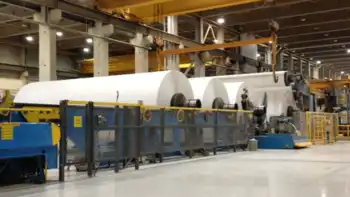The dirty business of clean energy
By St. Petersburg Times
Protective Relay Training - Basic
Our customized live online or in‑person group training can be delivered to your staff at your location.

- Live Online
- 12 hours Instructor-led
- Group Training Available
However, since what is perhaps the biggest environmental disaster America has yet seen erupted April 20 the RENIXX index, which measures the world's 30 largest publicly traded renewable-energy companies, has fallen by 15 percent.
The oil spill might have been expected to revive a sense of urgency that the world, and America in particular, should reduce its dependence on oil, not least by switching to cleaner, greener sources of energy. Instead it is increasingly common to hear investors asking gloomily, "Is green dead?"
The economic downturn is clearly partly to blame for the decline in shares of renewable-energy companies. The industry is still policy-driven rather than market-driven, and the recession has increasingly called into question whether governments will be able to afford the sort of environmental policies they have been promising. These policy commitments had been an important factor in the bulging market capitalizations of green-energy firms two or three years ago. The recent problems in the euro zone have increased such concerns among investors, especially given the big contributions that wobbly countries such as Spain and Italy have been making to total global demand for solar and wind energy.
Add to that the failure at the Copenhagen summit to make any significant progress in reaching a global agreement to curb climate change. Add, too, the similar lack of progress in getting an energy bill adopted by Congress. Taking these failures together with the sharp fall in the price of carbon on Chicago's voluntary emission-permits market, it is easy to conclude that the Cassandras of early 2008 who talked about a bubble in green investing have been proved right.
Yet a case can be made - and the industry's optimists are making it - that the green gloom is overdone. "The stockmarket is focused on the macroeconomic environment, not on the fundamentals," argues Tom Werner, the chief executive of SunPower, a big American solar energy firm. Although SunPower's share price is around one-tenth what it was at its peak in December 2007, Werner insists that green is anything but dead. "The secular move to renewables such as solar is an unassailable shift," he says.
Moreover, the outlook for greenery looks a lot better outside the wind and solar firms that dominate the RENIXX index. "Investment in wind and solar overheated in the run-up to the economic crisis, and it is still suffering. But other sorts of 'clean tech' investment are bouncing back," says Dan Esty of Yale University.
Geothermal and cellulosic biofuels are attracting lots of new money, says Esty, as are various forms of supporting infrastructure, including "smart grid" and "smart home" technology, better batteries and other energy storage equipment. The electric car business is booming, but Chinese firms are also investing heavily in electric cars.
With the danger of losing technological leadership in a crucial industry to a big geopolitical rival, and an oil disaster in its backyard, surely America's government cannot ignore the pressing need to promote its green energy industries? By marking down the shares of renewables firms, the markets seem to be assuming that the government will indeed ignore it. Then again, as has been all too clear in recent years, the markets do not always guess right.











